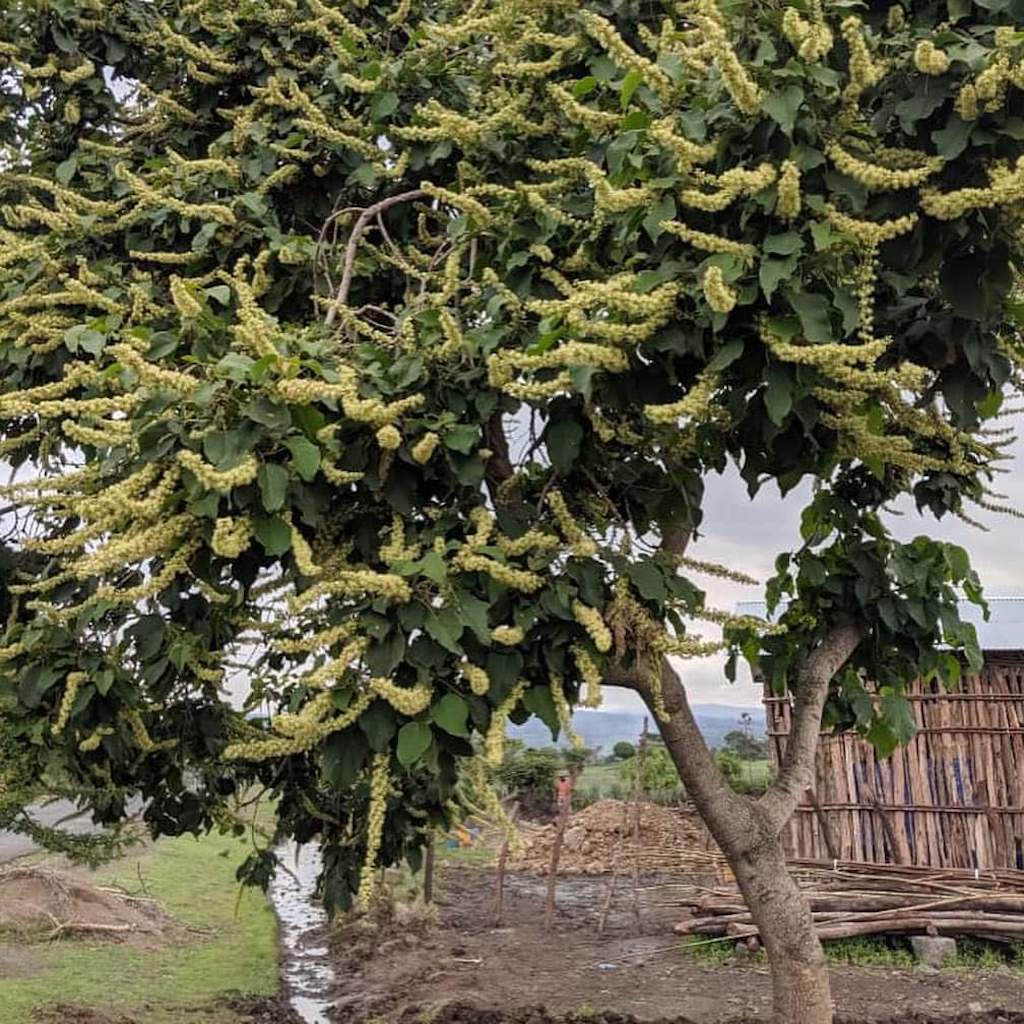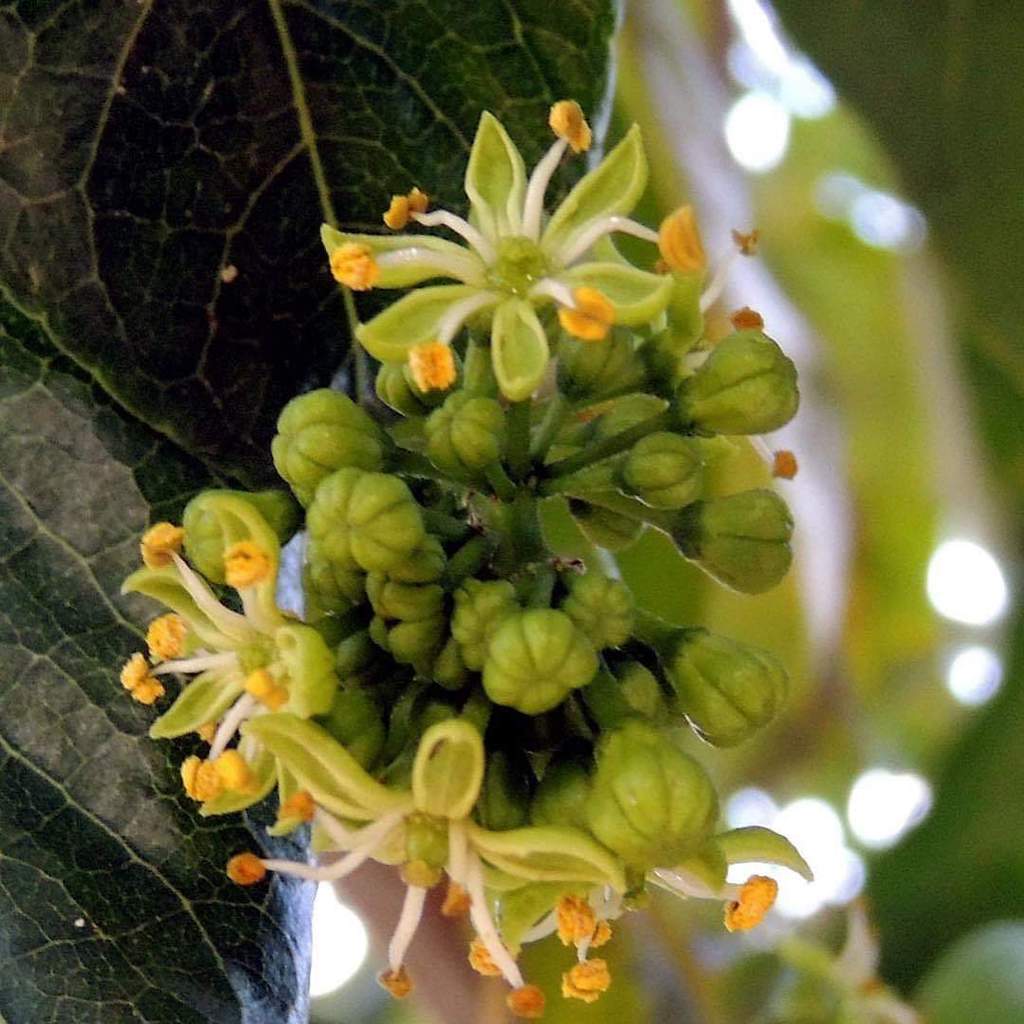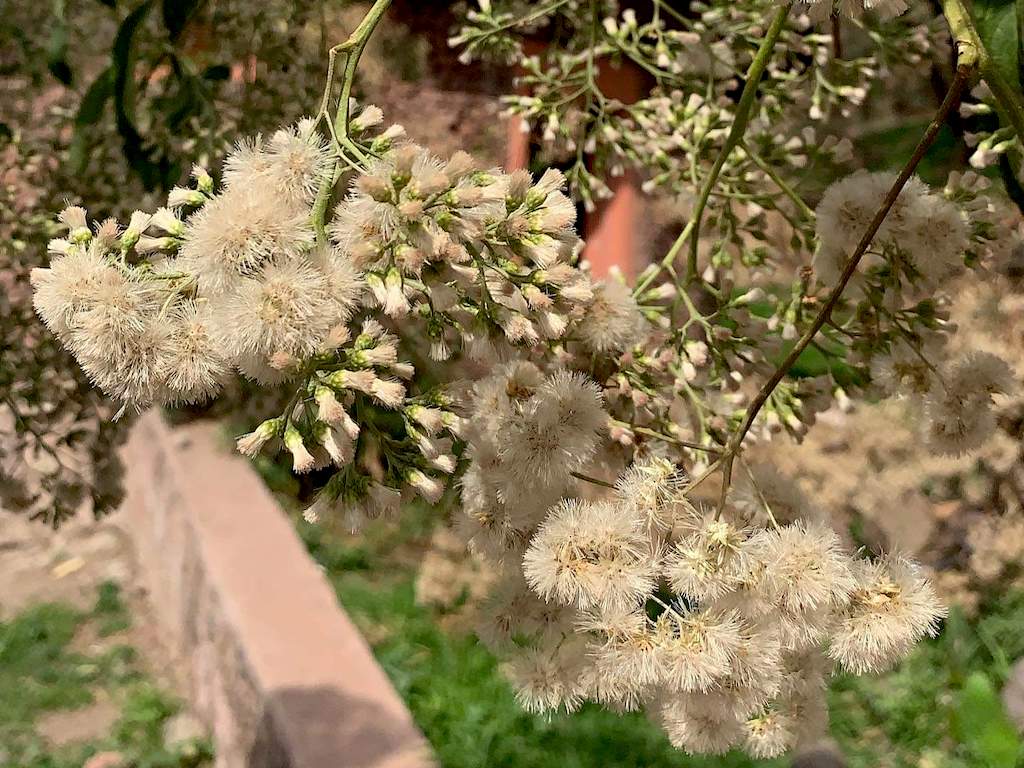3 Mins Read
Raised in Hong Kong and now based in Ethiopia, social entrepreneur Ariana Day Yuen became inspired to create a sustainable supply chain for foods when she witnessed the complexity of agricultural systems while working at an NGO in the East African country. Passionate about combating deforestation in the region, she decided to embark on a new venture that would bring farm-to-table produce while conserving our planet’s threatened forests. That’s when Forested Foods was born, a New York-based venture offering climate-friendly specialty foods and ingredients that just entered the market back in Yuen’s native Hong Kong.
A regenerative agroforestry enterprise, Forested Foods brings local communities together to regeneratively grow distinctive, forest-grown fresh produce and ingredients, from spices to resins and fruit, which then are distributed to specialty food purveyors to offer their customers. The startup has just landed in Hong Kong, where they’ve introduced their forest-conserving products through a partnership with Africa Coffee & Tea (ACT), a pioneering café and restaurant offering the best of African culinary culture to the city.
“Forested Foods was imagined, in part, to prove we can defy usual tensions between profit and socio-ecological impact,” said Yuen. “Harmonising forest conservation and local communities’ financial gains from agroforestry is foundational to our ability to deliver the most distinctive, sustainable, and traceable products to our customers.”

Once we process products, we also create market linkages to individual customers, retailers, food service, and wholesalers. We create brands that tell the story of our products – where they come from, by whom and how they were cultivated, and their unique characteristics.
Forested Foods
Among some of the foods that the company is currently supplying include spices such as timiz, korarima, turmeric, white cumin and coriander seeds, and indigenous herbs and botanicals like Tena’adam, besobila and lemon verbena.
Yuen says her vision is to become the premier global agroforestry sourcing partner for some of the agribusiness and natural ingredients giants in the industry. From Ethiopia, the company is focused on unlocking the potential of local forest farmers that large food and ingredient buyers have for years found difficult to access, and bring their regeneratively grown products to these companies that can distribute them to the world.
With a new partnership with German development agency Deutsche Gesellschaft für Internationale Zusammenarbeit (GIZ), Forested Foods says it’ll be establishing their first agro-processing facility in the Ethiopian capital Addis Ababa by next year.
“Our warehousing and processing facilities are based near the forest so we can work more effectively with farmers and the community members we employ,” explains the startup on its website.
Forested Foods was imagined, in part, to prove we can defy usual tensions between profit and socio-ecological impact. Harmonising forest conservation and local communities’ financial gains from agroforestry is foundational to our ability to deliver the most distinctive, sustainable, and traceable products to our customers.
Ariana Day Yuen, Founder of Forested Foods

“Once we process products, we also create market linkages to individual customers, retailers, food service, and wholesalers. We create brands that tell the story of our products – where they come from, by whom and how they were cultivated, and their unique characteristics.”
The launch of Forested Foods comes at a time when the coronavirus pandemic has awakened the world to the need to prioritise sustainability – not just to fight the climate emergency, but to also prevent future health disasters that are driven and exacerbated by humanity’s continued environmental destruction.
Through her new enterprise, Yuen believes that the company can create the right economic incentives to help local smallholder farmers conserve native forest ecosystems – widely recognised as a major part of our puzzle to fight climate change – through agroforestry, which can then spur on even more global attention on this solution as a potential turnkey to manage the planet’s land in a more sustainable way.
All images courtesy of Forested Foods.



